26 Best Alcohol and Drug Rehabs in Wyoming 2025
Discover the top alcohol and drug rehab centers in Wyoming, United States. Explore 26 nearby treatment facilities providing inpatient, outpatient, and detox services.
Use filters to search by payment options, amenities, specialty programs, and more to find the perfect treatment for your unique situation.
26 Treatment Centers in Wyoming, US
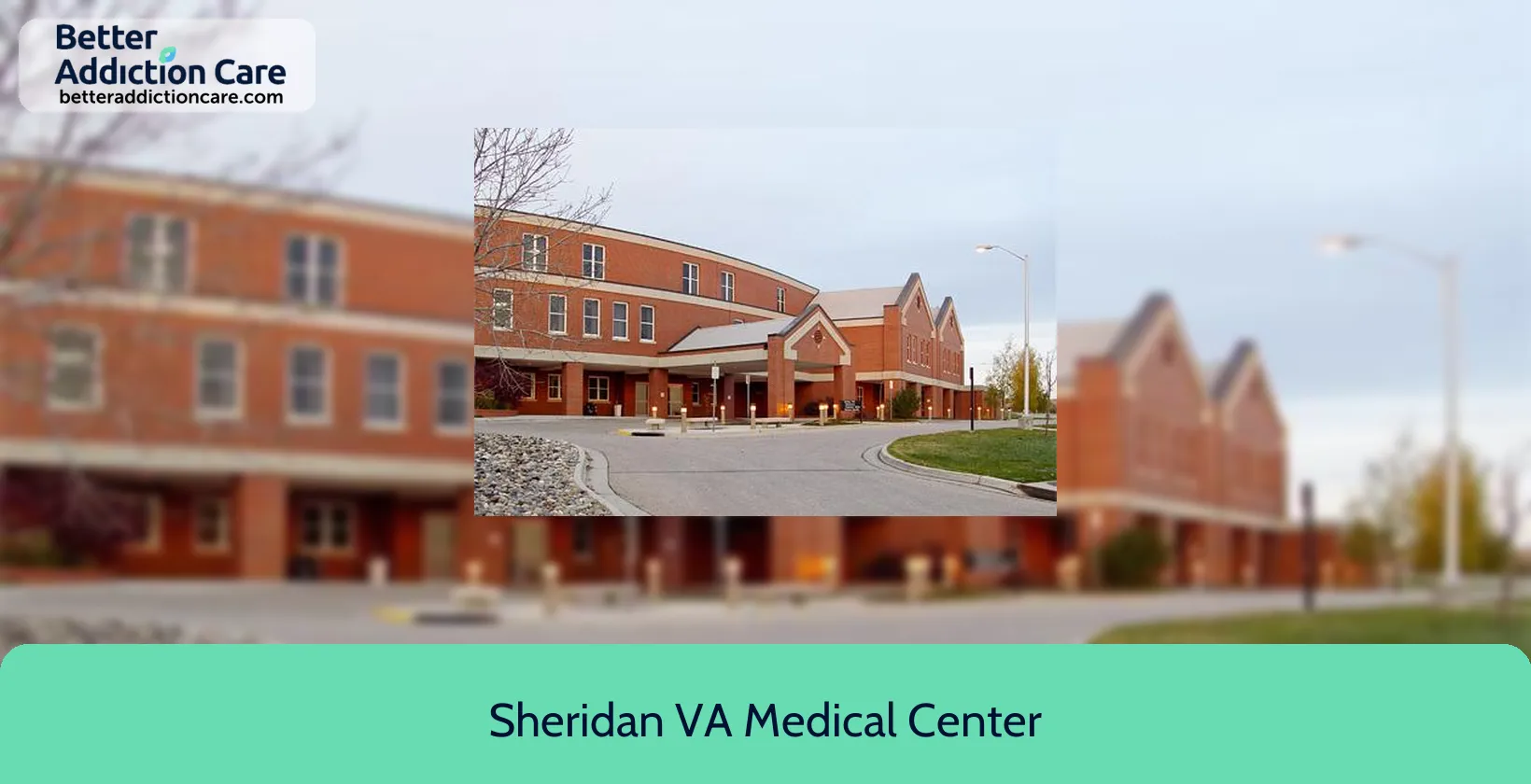
7.72

7.70

7.70

7.49

6.74

7.14
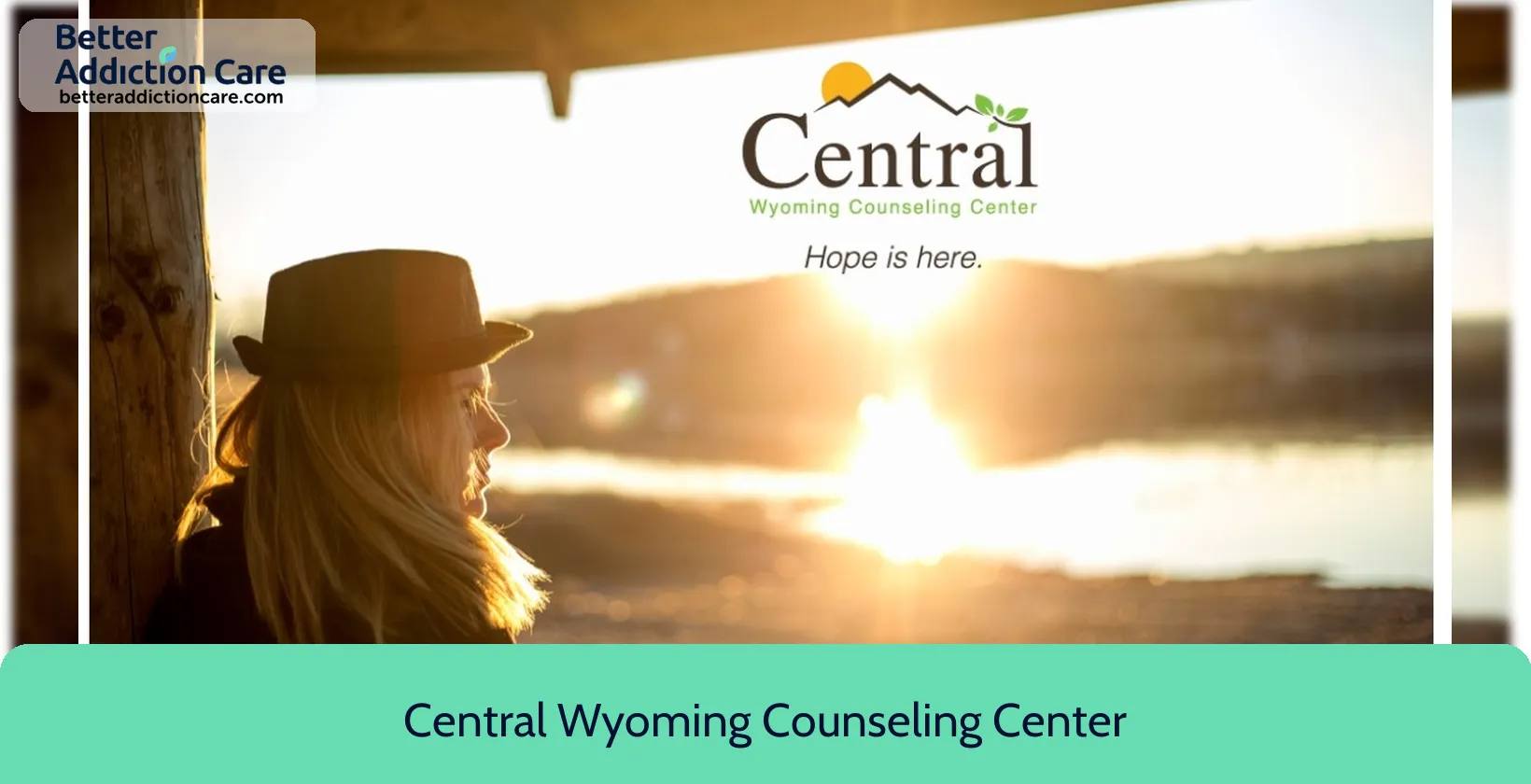
7.49

7.11
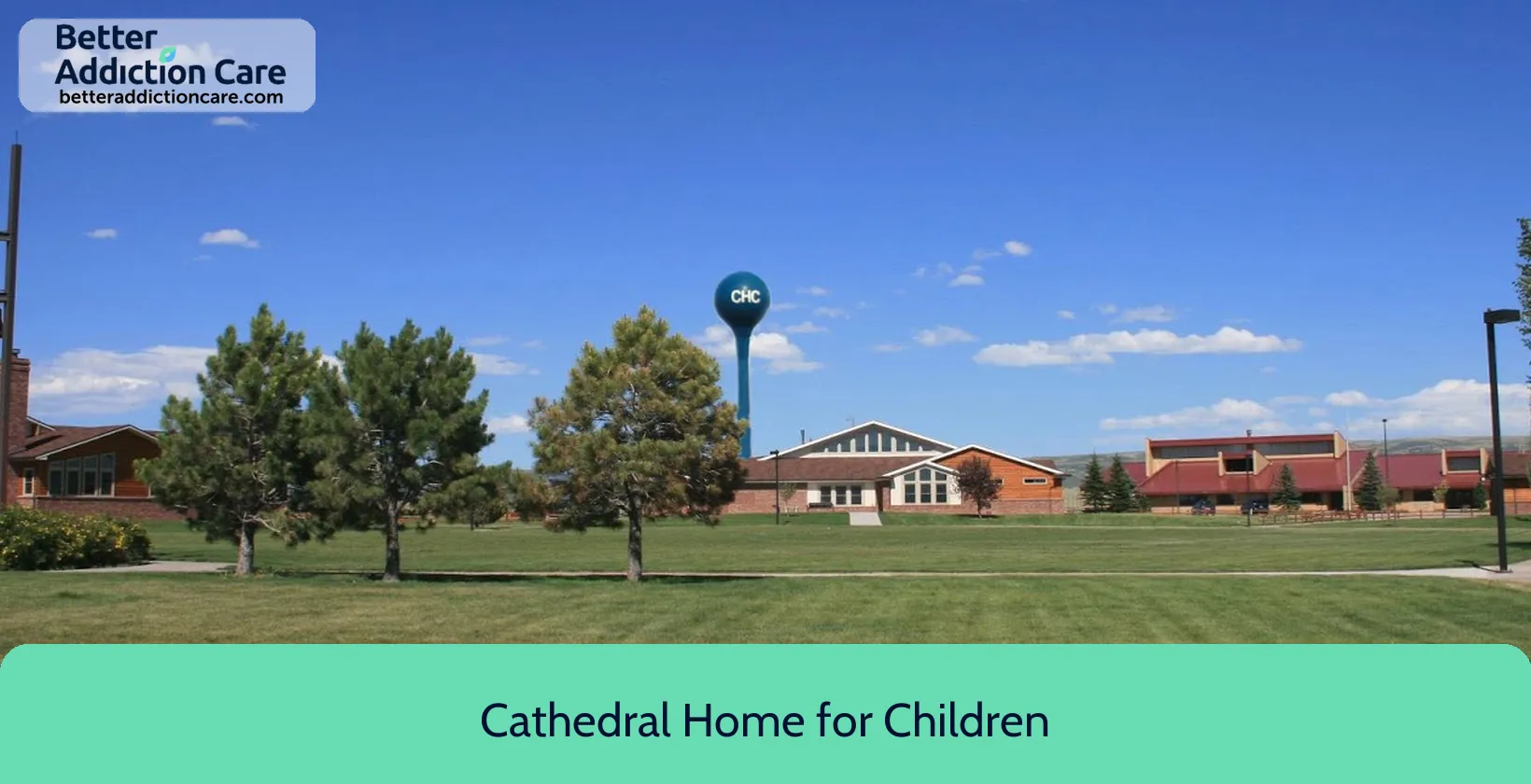
6.89
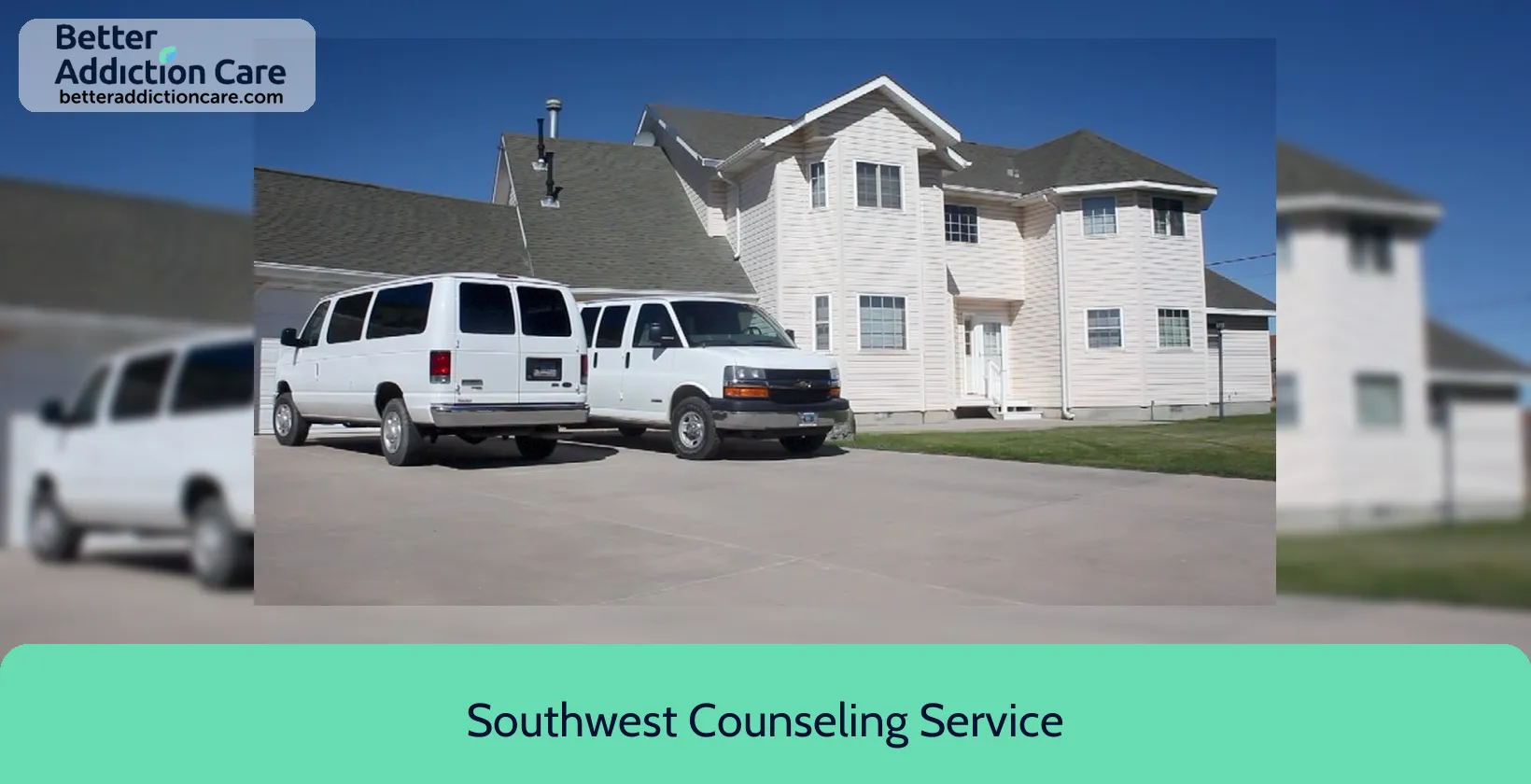
7.69
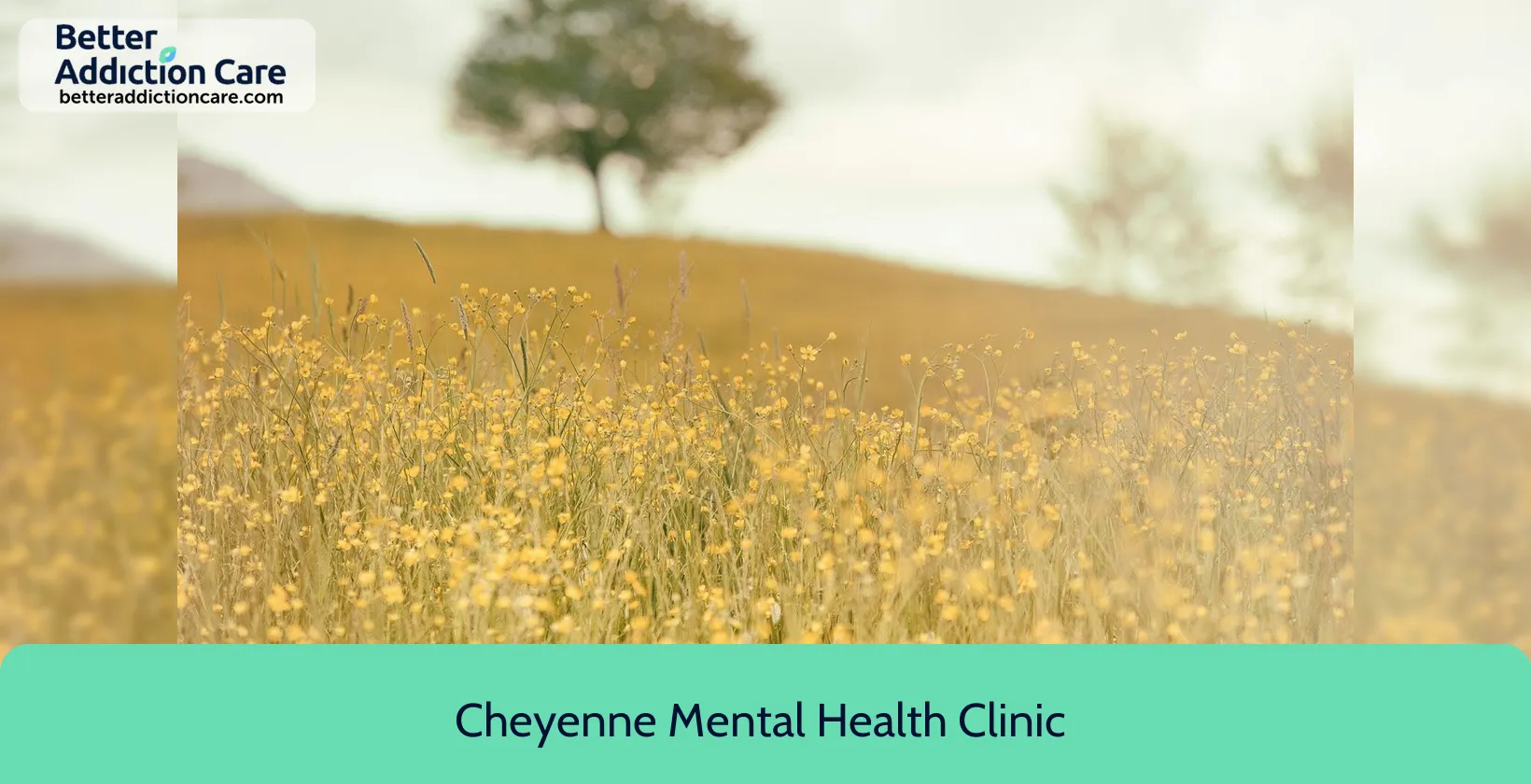
7.37
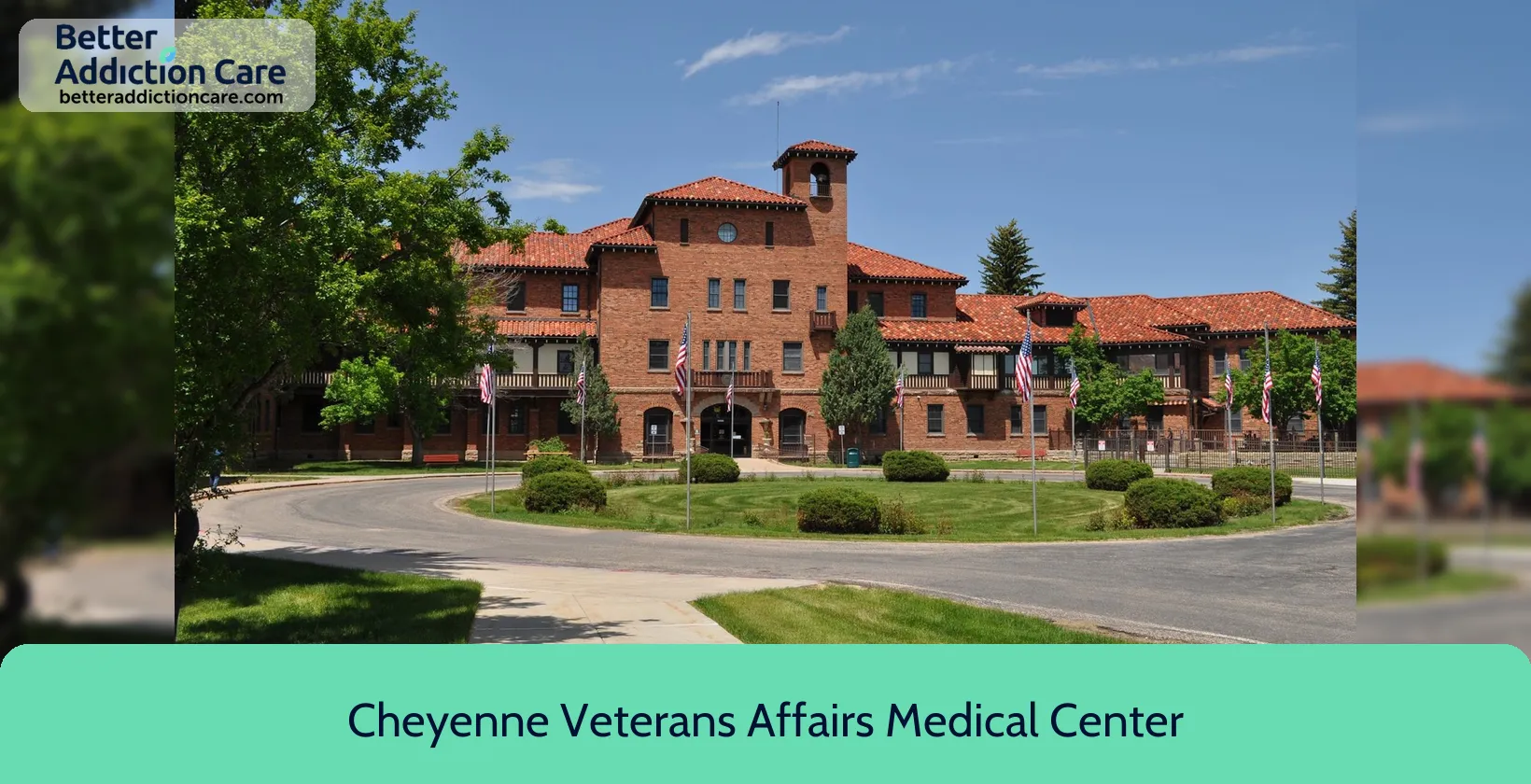
7.28

7.40

7.19

7.77

7.27

7.00

6.71

7.46

7.03

6.96

7.13

6.99

6.77

6.96

6.96
Substance abuse and Mental Health facilities Report for Wyoming
46th
Cheapest To Most Expensive State Rank
60
Substance Abuse Facilities
2,499
Number of Patients Annually
2,233
Annual Enrollments
$4M
Spent on Outpatient Services (Million)
$2,069.00
Avg Outpatient Rehab Cost
236
Residential Admissions
$15M
Spent on Residential Treatment (Million)
$65,975.00
Residential Rehab Pay (Up To)
30
Total Patients
No
Free Drug Rehab Facilities
Alcoholism, Drug Abuse, Mental Health, and Treatment in Wyoming
Wyoming Summary:
Like other Western states, Wyoming sees higher than average instances of drunk driving and higher rates of suicide. Prescription drug abuse and methamphetamine use are the state’s primary drug concerns. Heroin addiction is also a growing problem in Wyoming.
Despite these issues, Wyoming offers an array of comprehensive drug and alcohol treatment programs and rehab centers. There are payment-assisted facilities located throughout the state, as well as unique and specialized rehab programs that provide patients with a variety of outdoor or recreational activities. Many top-rated treatment centers are situated near wilderness areas like Yellowstone National Park, offering mountain views and wildlife-centric recovery programs.
Quick Wyoming statistics:
-
Wyoming state population: 590,000
-
Over 7% of people in Wyoming abuse alcohol or are alcohol-dependent
-
Number of Wyoming residents who abuse or are addicted to illicit drugs: 13,000
-
An estimated 25,000 adults in Wyoming deal with a serious mental illness
-
Methamphetamines, prescription drugs and marijuana are the most commonly abused substances in Wyoming
Alcoholism in Wyoming
In Wyoming, drunk driving is a major concern, with 2.2% of the population reporting driving after drinking too much. When surveyed, over 80% of residents in Wyoming felt that drinking and driving in their community was a serious or somewhat serious problem. Binge drinking among youths is also an issue in Wyoming. Data from 2015 revealed that 16% of young adults age 12-20 admit to binge drinking in the past month.
Wyoming has a variety of treatment centers that specialize in alcoholism and substance abuse. One such facility is Trinity Teen Solutions, a private rehab center in Powell. This residential treatment center is open to young women and teen girls who struggle with drug and alcohol abuse or addiction. Located on a rural campus nestled in the mountains, Trinity Teen Solutions offers Equine Therapy, which is a form of experiential therapy that involves interactions and activities with horses. The facility also serves as a boarding school for teen girls, providing them with a safe and secure environment to focus on treatment, away from any negative influences they might encounter at home.
For those in need of a payment-assisted facility, Central Wyoming Counseling Center is a private rehab in Casper. The treatment center offers an outpatient program and a family program, in which loved ones and family members are encouraged to participate in an addict’s treatment and recovery process. The Central Wyoming Counseling Center aims to provide individualized treatment, tailoring each recovery program to one’s specific background and needs. The facility operates on a sliding fee scale and accepts Medicaid and private health insurance.
Drug Abuse in Wyoming
Commonly abused drugs in Wyoming include methamphetamines and prescription opioids, such as OxyContin or hydrocodone. Additionally, marijuana is the most-often cited drug among primary drug treatment admissions in the state.
In Wyoming, residents have multiple options when it comes to finding a drug addiction recovery program that is right for them.
Wyoming Recovery is a top-rated rehab facility that offers a comprehensive drug and alcohol treatment program. The rehab center provides medically-assisted detox, which is the process of removing drugs and alcohol from the body in a safe, secure manner. At Wyoming Recovery, patients are encouraged to participate in 12-step meetings or choose from multiple therapy options, including individual therapy and group therapy. Surrounded by the Rocky Mountains, the Wyoming Recovery treatment center is located near lakes, waterfalls, national forests and state parks, offering a calm and serene atmosphere that is conducive to recovery.
Located in Cody, the West Park Hospital - Cedar Mountain Center is a payment-assisted facility that offers both an inpatient and outpatient treatment program. The facility specializes in the treatment of opioid addiction, which includes the abuse of prescription drugs like oxycodone, as well as addiction to illegal opiates like heroin. Those enrolled in a drug or alcohol treatment program at the West Park Hospital - Cedar Mountain Center are welcome to participate in weekly field trips to the nearby Yellowstone National Park. This newly-built facility has mountain views and an on-site gym. West Park Hospital accepts Medicare, private health insurance and military health coverage.
Mental Health in Wyoming
Mental health issues, particularly suicide, affect a significant number of Wyoming residents. For the past 15 years, Wyoming has had the highest rate of suicide by firearms in the U.S. Approximately 80% of these suicides are committed by men, with nearly one-fourth of these men being between the ages of 45 to 64.
For those struggling with a mental health condition such as major depression, anxiety, bipolar disorder or schizophrenia, there are treatment centers in Wyoming that help residents overcome or manage these problems.
One option for mental health treatment in the state is the Campbell County Memorial Hospital - Behavioral Health Center, a private, payment-assisted facility in Gillette. The facility offers both an inpatient (residential) treatment program and an intensive outpatient program, which is designed for those who need a structured treatment option, but wish to live at home due to work, school or family obligations. At Campbell County Memorial Hospital, patients are provided with a wealth of therapy methods and modalities, including Cognitive Behavioral Therapy (CBT), Dialectical Behavior Therapy (DBT), individual therapy, group therapy, couples counseling and Eating Disorder Treatment. The facility is open to adults, young adults and children and has bilingual (Spanish-speaking) therapists and counselors on staff. Campbell County Memorial Hospital operates on a sliding fee scale and accepts Medicaid and Medicare.
Does Medicaid cover drug rehab in Wyoming?
There are several drug rehab centers in Wyoming that accept Medicaid or offer other low-cost or state-financed treatment options. Even if these types of payment assistance do not cover the full cost of a drug and alcohol treatment program, they can significantly lessen the financial burden for patients and their families.
To qualify for Medicaid, residents in Wyoming must be either: a parent, pregnant, under the age of 19 or living within a specified low-income bracket. Residents with certain types of disabilities or impairments may also qualify for Medicaid health insurance coverage. Medicare is a government healthcare program for senior citizens over the age of 65. There are treatment centers in Wyoming that accept both Medicaid and Medicare.
The Wyoming Department of Health’s Mental Health & Substance Use Treatment Services offers a list of state-certified providers that accept court-ordered or referred clients. Wyoming’s Behavioral Health Division aims to provide residents with affordable and accessible outpatient and regional mental health and substance abuse treatment services.
How long is inpatient drug rehab in Wyoming?
The length of a drug and alcohol rehab stay can vary, depending upon the type of program or the facility. There is no one-size-fits-all approach for overcoming addiction: each person’s recovery process is different and may require a variety of treatment methods and therapies.
Typically, an inpatient (residential) treatment center offers 30-, 60- or 90-day drug and alcohol recovery programs. During a stay at an inpatient treatment center, the first stage often involves medically-assisted detox, which is performed under the supervision of a medical professional. While in rehab, patients are highly encouraged to engage in some type of individual or group therapy, or attend 12-step meetings.
Following the completion of an inpatient program, many recovering addicts choose to participate in an outpatient treatment program. Many rehab centers offer some form of aftercare support, which involves making a sustainable recovery plan and helping addicts find continued support and services to aid in their sobriety. Some who complete a stay at a residential rehab center opt to enroll in a sober living community or halfway house. These facilities provide a substance-free environment where recovering addicts can focus on rebuilding their lives in a safe and supportive atmosphere.
Wyoming: Looking Ahead
Wyoming is attempting to combat its prescription drug abuse problem head-on. It has established a dedicated taskforce, the Wyoming Prescription Drug Abuse Stakeholders, which works to inform the public about the dangers and risks of prescription drug addiction and opioid abuse. Some health advocates in Wyoming think the state needs to do more to prevent drunk driving, such as increasing DUI enforcement efforts or focusing more on preventative drunk driving measures.
Residents in Wyoming who struggle with alcoholism or drug addiction should know there are multiple resources and services available to them. Those who suffer from co-occurring mental health and substance abuse issues can also find help at a treatment center that specializes in these conditions. Several drug and alcohol treatment programs in Wyoming have a recreational focus, allowing participants to focus on recovery while also engaging in activities like hiking, horseback riding and other outdoor excursions. Whatever the need, there are places that can help.





